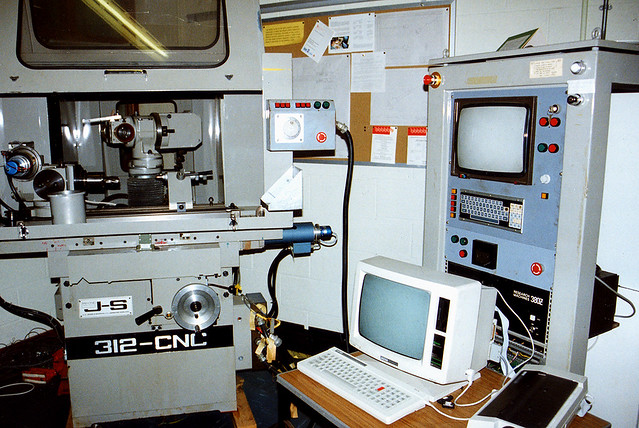Tech evangelist BrothaTech recently appeared in a YouTube interview with technology translator Anjuan Simmons. Both are men of color within the technology space that I highly respect and it's great to see them collaborating on a project. While I have yet to meet Anjuan in person, we've interacted on a variety of social platforms such as Google+ about highly intellectual topics such as the power of Mountain Dew. I ran into BrothaTech at last year's Blogging While Brown convention. He's also known for having some of the most adorable kids on the planet.
Check out Anjuan and BrothaTech in the video below! In BrothaTech's words: "Just a few of our subjects included where my tech interest came from, diversity in technology, my “BrothaTech” brand, iOS 7, my family, and the XBox One versus the PS4."
Anjuan has a series of other videos on his website with other luminaries within the tech space - here is one with Tatiana King, creator of Love At 1st Byte. Tatiana is my go-to resource for coverage via twitter during live events. Check out the interview with Anjuan and Tatiana below!
Check them out and let them know that Shareef sent you!










